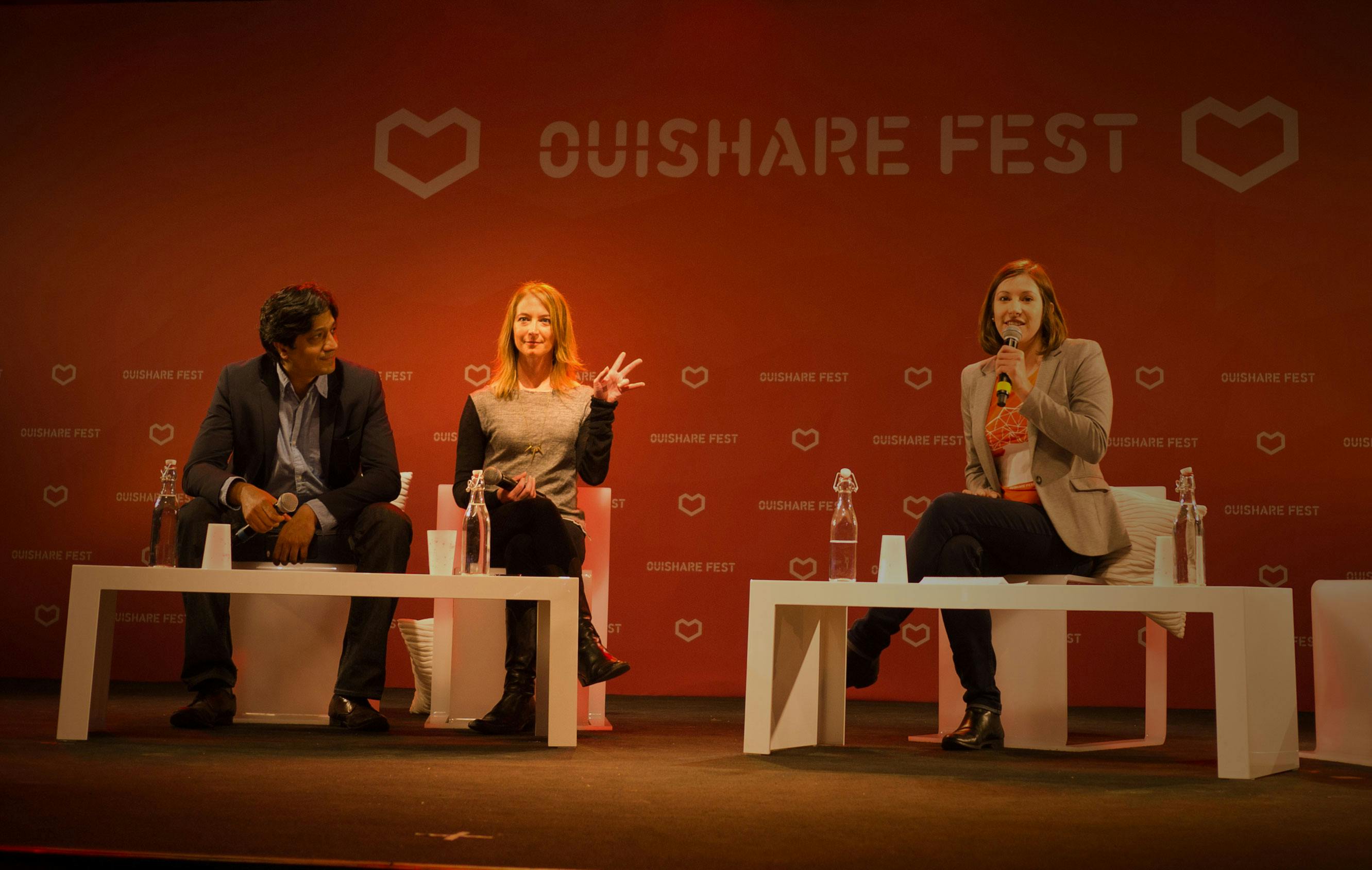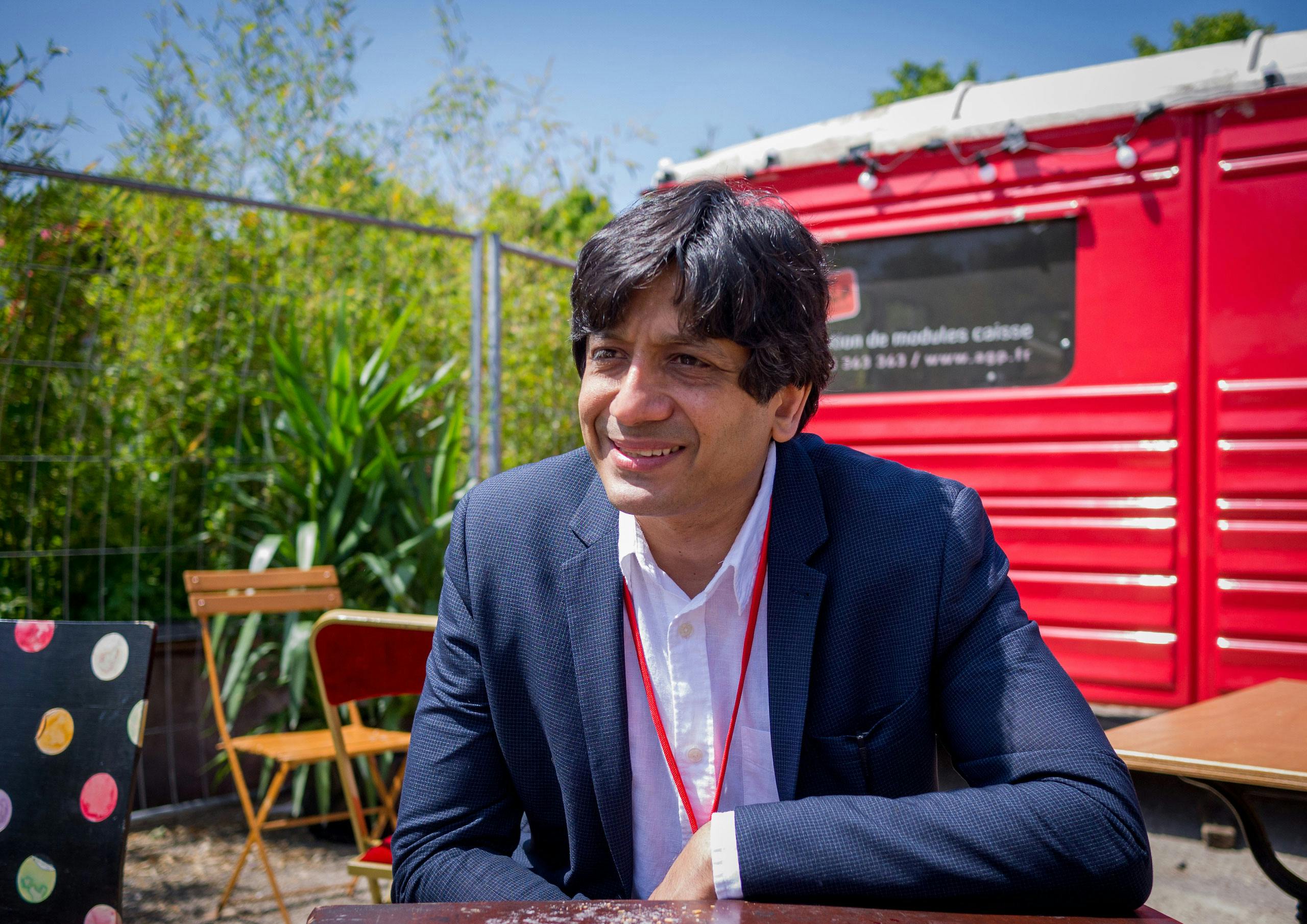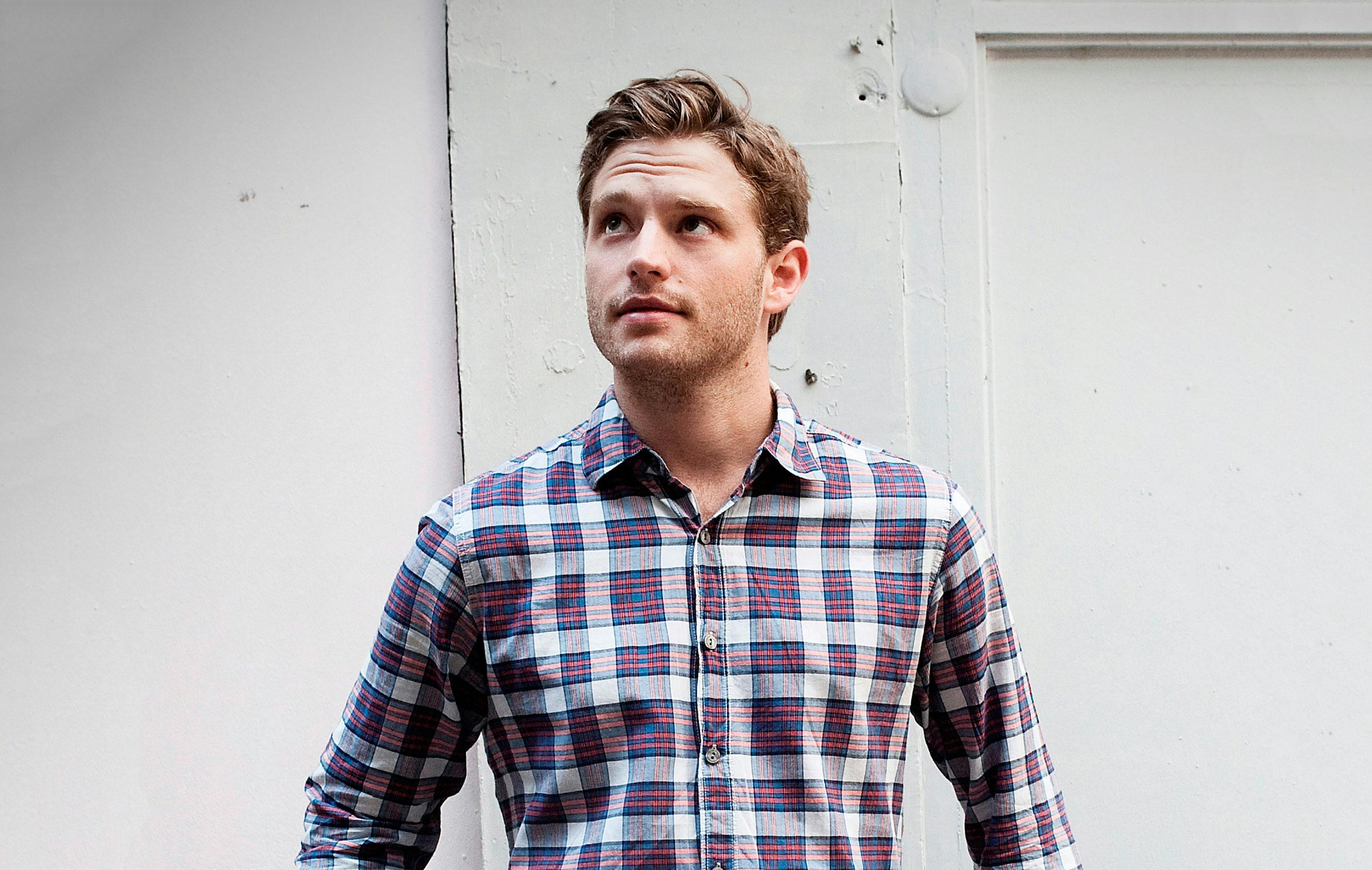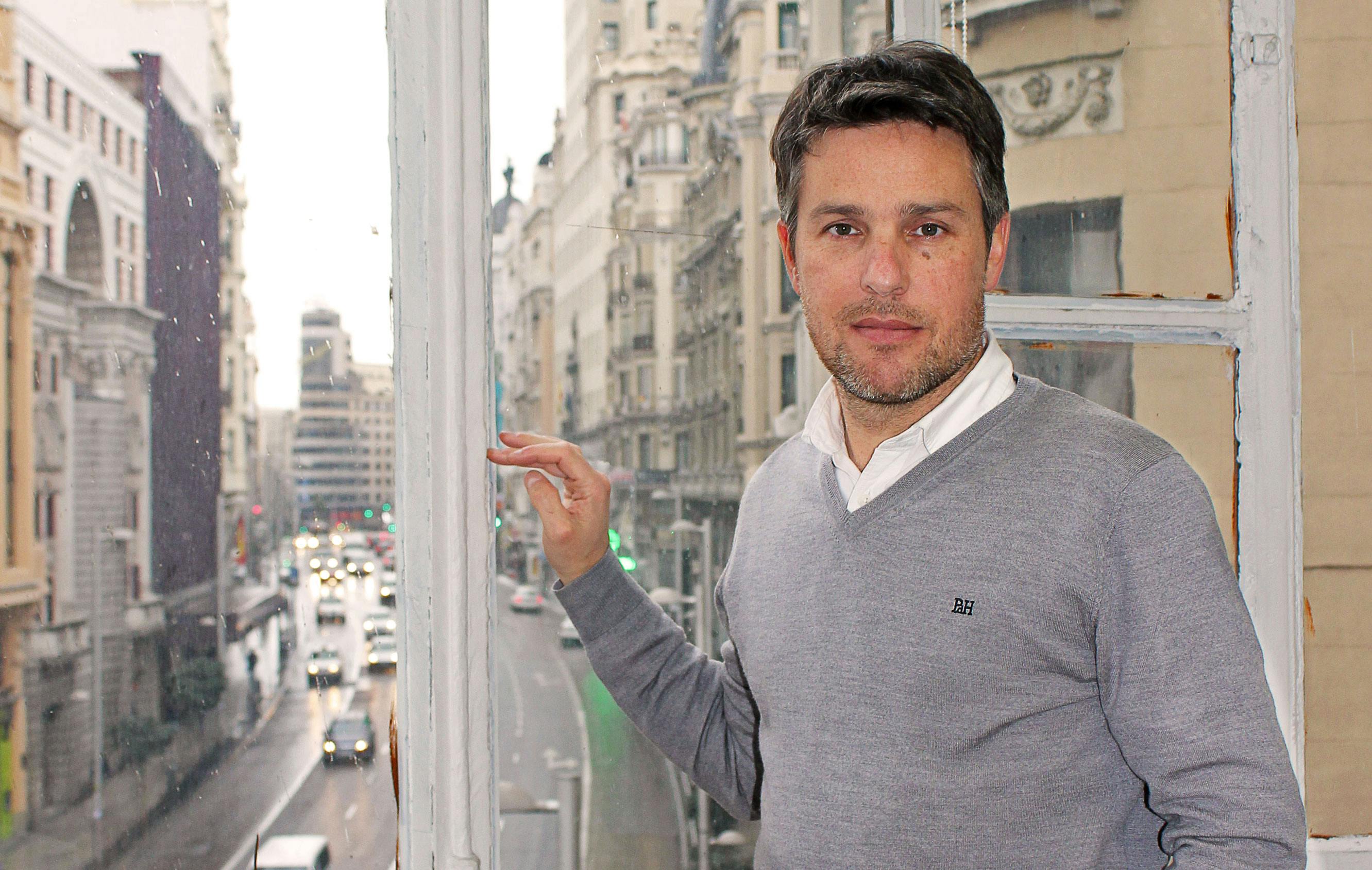Understand your community – An interview with Jennifer Billock
Your marketplace needs to be tended like a garden.
Published on
Last updated on

Inspiration and insights from global marketplace experts and thought leaders.
– One of the things that makes a marketplace monetizable is size, states Jennifer Billock. If there is no direct transaction between parties that the marketplace can take a cut of, that really is the trick.
The former CEO of Couchsurfing is straight to the point.
According to Billock, there are three strategies to monetize a marketplace.
– First, you have the direct marketplace where you purchase things and the intermediary takes a cut. Second, there are subscription-based models or single individual payments made to the service. The latter can yield higher margins but is difficult to scale. To actually work, these models require tremendous scale.
The third option is advertising or sponsorship. These are nuanced models that require an exceptional amount of experience to understand. Couchsurfing, for example, has both a subscription and an advertising model.
– You can upgrade to become a verified member, which has an associated fee. That gives you some credibility in the system. Some hosts prefer to only host verified members, as it gives you more context about the other person.
Additional benefits and pricing tiers are also likely to be embedded into the business model.
– We try things out and see what people like. It is a fairly democratic and a very data-intensive process, Billock explains.
– We do not keep something on the site if it is not working. What your users are saying is important, but as an entrepreneur, you want to develop mechanisms for listening to all your users, also based on what they are actually doing.
Billock refers to the New York Times article How Not to Drown in Numbers, bearing out the value of both big and small data. Whereas big data denotes the aggregated user information that can be extracted from users’ behavior, small data takes the form of interviews or surveys.
– Both are very important in producing insights. They complement each other—big data being the quantitative information and small data being the qualitative content you get from discussions with users. In general, I would recommend working with the community to the extent that you can and make sure that the processes are collaborative. We try to spend as much time with users as we can, both in big data and small data ways.
To measure the effect of new features, multivariate tests—ones in which multiple variables are modified at the same time—were used at Couchsurfing for almost everything they do.
– Marketplace pricing would be an example. We run tests on how much things should cost, in what market at what time. When you are smaller and have fewer users, it is harder to get statistical significance in a short time, but I rely on data and research when I make decisions. You are really looking at the cost and opportunity cost of doing any one thing versus another.
Ideally, what you want is a system that scales itself, one that has the capacity to let people invite others. The growth has been entirely organic at Couchsurfing.
– It was all word of mouth and no paid acquisition. I believe Couchsurfing is really exceptional in that way. Most marketplaces are not like that, but it is usually a very good sign if the market has those characteristics.
Generally, people join Couchsurfing to travel and tend to host later in their lifecycle.
– It is a nice model. Not only are you able to maintain members for a long time, but you are also able to cycle them through. Travellers tend to be younger, event creators a bit in between, and hosts older.
According to Billock, your marketplace must be cultivated like a garden.
– If you have a value proposition that people like, they will come to it. But in order to be successful, you have to be careful and tend your marketplace. Water what needs to be watered and feed the side of the marketplace that needs to be fed. At different phases of development, you will need more of one or the other. Getting a marketplace to work is an art.
In addition to having green fingers, you need to infiltrate your values throughout the business. A vital part of this is that users are confident about using your platform.
– There are two things. One is whether the members can trust each other. Another is whether the community can trust the organisation. We started with a very strong intention of creating a smaller and more connected world, where people are seen as fundamentally trustworthy and worth the time to connect with. We believe that the personal transformations coming from those types of connections are worthwhile and important. That notion, or series of notions, is really the reason for the strength of our ecosystem or community.
Staying with locals or opening your home to strangers creates a special kind of connection.
– Part of the service is staying together, but staying with locals is just one way for couchsurfers connect with people. If you want to have a beer or a picnic with couchsurfers, you can do that. It is a community that creates a community, and that is what it is all about.
A part of the value proposition of Couchsurfing is using photos of people instead of places in the listings.
– Not all marketplaces are about connecting people. If the marketplace is just about getting a ride, you probably care less about the person than the item. What I tended to hear from couchsurfers (if they use both Airbnb and Couchsurfing) is that they use Airbnb when they are not home and Couchsurfing when they are home to hang out with people.
Personally, Billock likes to host families.
– I love hosting kids from other countries, because kids just connect so easily. But I would not do that all year around.
In general, marketplaces need to focus either on efficiency or human connection. If your goal is to connect people, the goal is very different from selling used books.
– The community will have a different degree of priority depending on your goal. The social side is not for everyone.
You might also like...

Make the right trade-offs for your marketplace
It is better to grow slow in order to preserve the unique aspects of your marketplace.

Evolve with the community – An interview with Antonin Léonard
A community is built through offline interaction and online experience.

Why trust is key for BlaBlaCar – An interview with Vincent Rosso
The co-founder of Blablacar discusses what B2B marketplaces can learn from P2P marketplaces, and specifically, marketplace trust as a facilitator for transactions.
Start your 14-day free trial
Create a marketplace today!
- Launch quickly, without coding
- Extend infinitely
- Scale to any size
No credit card required
